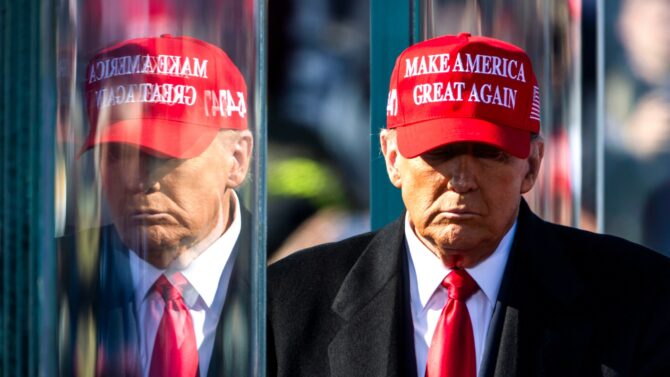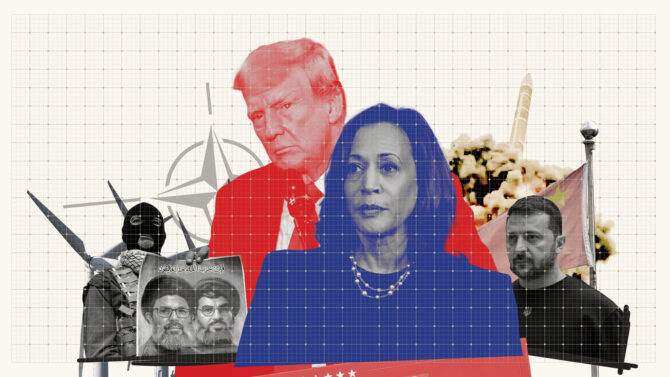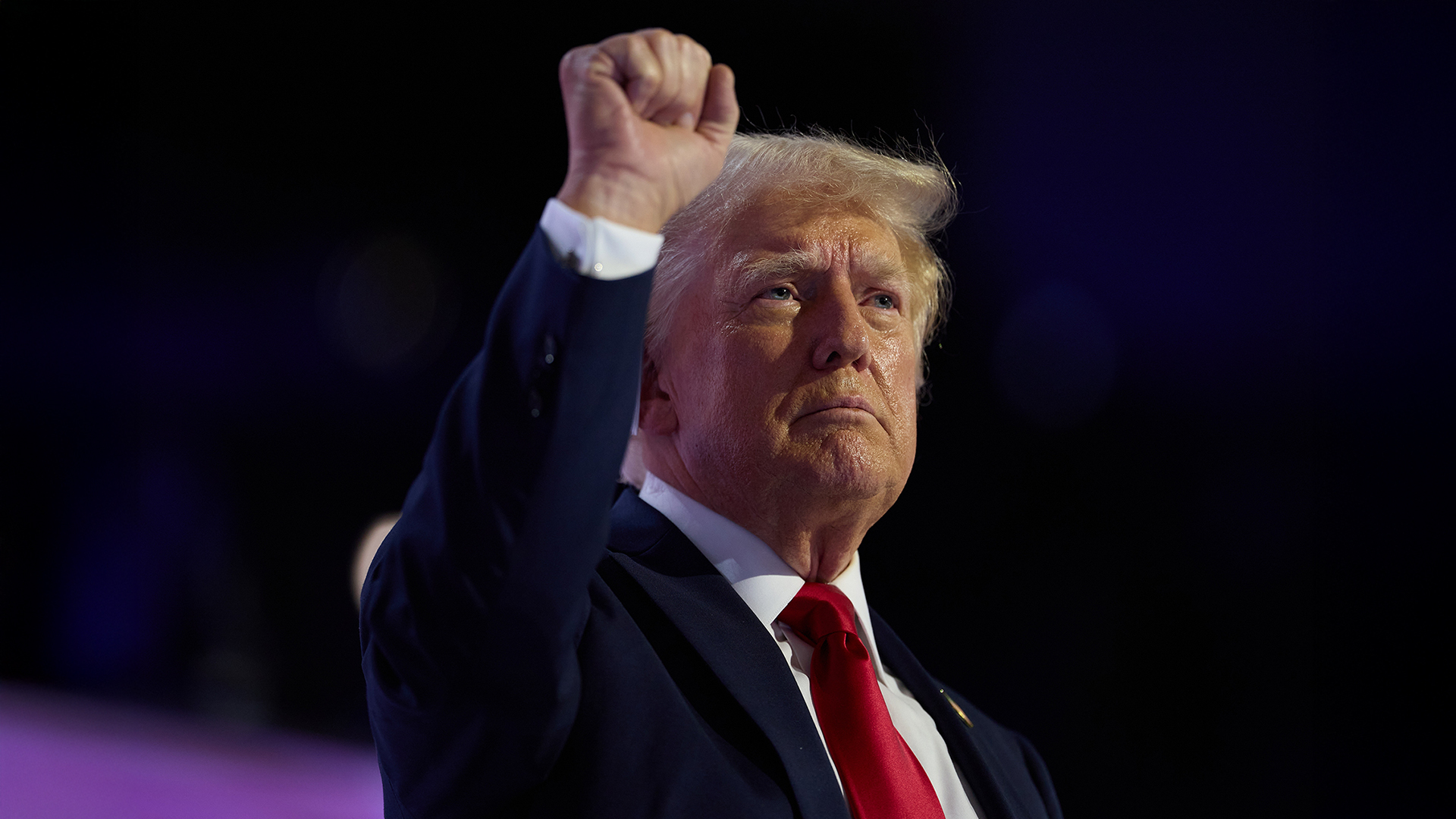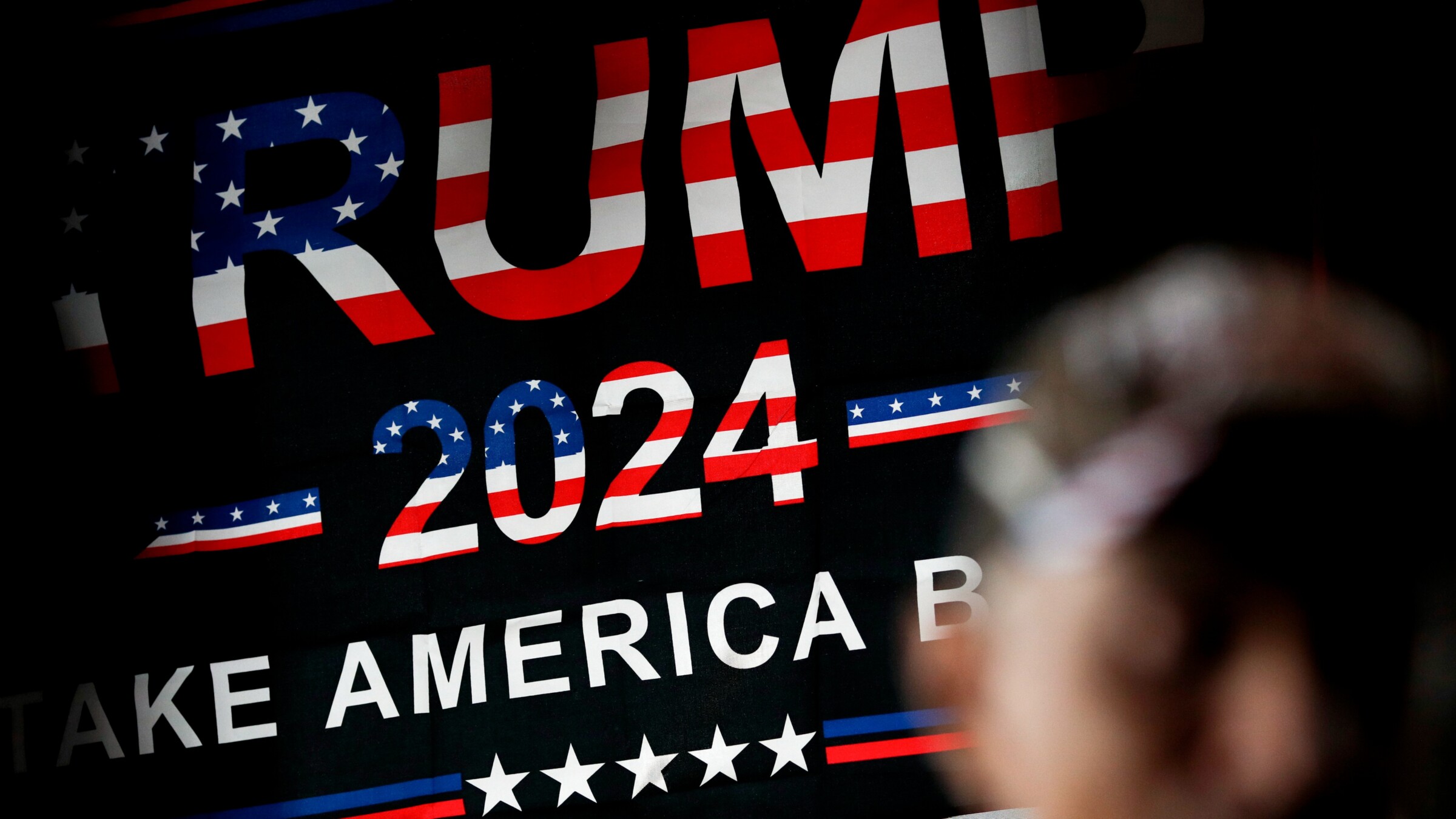Journalists and press freedom organizations in the U.S. and around the world urge the incoming Trump administration to refrain from attacking the media and uphold the democratic role of a free press.
This article was originally published by Reporters Without Borders on 06/11/2024 and is hereby reproduced by iMEdD with permission. Any reprint permissions are subject to the original publisher.
On the campaign trail and during his previous administration, President-elect Donald Trump has frequently deployed violent language and threats against the media. His election to a second term in office marks a dangerous moment for American journalism and global press freedom.
The steps he takes in the early days of his next administration could chart the course for the years to come, with implications far beyond U.S. borders. Rather than doubling down on the hostility he has espoused towards the media so far, Trump should take the opportunity instead to repair the domestic press freedom climate and reposition the United States as a global leader in press freedom. Since he entered the political arena, Trump has referred to any media that are critical of him as “fake news.”
He used the term as many as 2,000 times during his first presidency. He continued to berate the news industry on the campaign trail in the run-up to the 2024 election, with verbal attacks accompanied by plans to weaponize the government against his perceived “enemies.” Alarmingly, he has repeatedly called on the Federal Communications Commission (FCC) to revoke the licenses of specific media.
“Freedom of the press is one of the core pillars of our democracy that made America great in the first place. Attacking the press is really an attack on American citizens’ right to know. Trump’s new administration can and must change its tune with the media and take concrete steps to protect journalists and develop a climate conducive to a robust and pluralistic news media. Regardless of what path Trump chooses, RSF will remain a tireless advocate for press freedom and the safety of journalists.”
Clayton Weimers
Executive Director, RSF USA
Trump Wins, the Press Loses

A second Trump administration is poised to be devastating to journalism.
Trump’s 2024 campaign against the press
Trump’s anti-media blitz ramped up ahead of the November 5 election. In an eight-week long period analyzed by RSF, Trump insulted, attacked, or threatened the media at least 108 times in public speeches or remarks from September 1 to October 24. This figure does not include social media posts or remarks from others connected to the campaign.
Trump frivolously sued CBS over its airing of a “60 Minutes” interview with his opponent Democratic nominee Kamala Harris. Trump accused the show of manipulating Harris’s responses to appear more flattering and posted on his social media site Truth Social that “CBS should lose its license.” He later doubled down against CBS in an interview with Fox News, saying, “we’re going to subpoena their records.”
Trump has made at least 15 calls for the FCC to revoke the broadcast licenses of television stations – a power the president does not directly possess. Trump called for ABC News to be punished after the network aired his singular debate with Harris. He has also said that Comcast – the parent company of NBC News and MSNBC – will be investigated for “treason” if he is elected. He has also filed a complaint with the Federal Election Commission over the Washington Post.
Trump’s running mate, Vice President-elect JD Vance, developed his own unique formula for stoking conflict between supporters and reporters on the campaign trail. Vance held numerous press conferences among his supporters where they loudly booed any reporter asking Vance a question.
The “Muskification” of social media
Donald Trump’s close ties to and promise of a job for tech mogul Elon Musk is also concerning. Under Musk’s leadership, X has descended into a cesspool of unmoderated misinformation. Disbanding the Trust and Safety Council and laying off most of the staff devoted to safety opened the floodgates for bad actors who have plunged the online discourse into chaos. Musk himself regularly shares demonstrably untrue posts with his hundreds of millions of followers. A Musk role in the Trump White House would risk further spreading this vision for information chaos online. Musk’s post on X once Trump’s electoral victory became apparent, that “You are the media now” forecasts an even more worrying situation to come.
RSF has developed eight proposals to address the serious threats posed to journalism by X, aimed at ensuring pluralistic and reliable information, as well as independent procedures. How the next Trump administration approaches these issues will hugely impact the information space within the U.S. and globally.
US elections: Two scenarios for five crises

How the outcome of the US elections will will have significant implications for five major international crises, according to analysts speaking to iMEdD just days before November 5.
Press freedom cases around the world
A first step Trump can take in office to bridge his division with the media is take action on global press freedom cases. American freelance journalist Austin Tice has been missing for 12 years after being apprehended while reporting in Syria in 2012. There have been few signs of progress towards his release, and to date the Syrian regime has not confirmed his detention. Recent reports of the detention of American-Iranian former journalist Reza Velizadeh serve as a reminder that American journalists continue to be targeted around the world.
Christopher Allen, a dual U.S.-UK national, was killed while covering the civil war in South Sudan as a freelance journalist in August 2017. RSF has persistently raised the case with both of Allen’s governments – the U.S. and UK – including with high level officials at the White House, Department of Justice, and Department of State in both the Trump and Biden administrations, as well as at the United Nations. Following a sham investigation in South Sudan, a U.S.-led investigation would represent the only remaining hope of justice for Allen.
Trump has spoken out about freeing members of the media imprisoned outside of the U.S. This included Wall Street Journal reporter Evan Gershkovich, who was held in Russia for more than a year before being released in a prisoner swap, and more recently Hong Kong publisher Jimmy Lai. Trump promised to speak with Chinese President Xi Jinping to get Lai out of the country. RSF urges Trump to follow through on these commitments.
These recommendations and others are central to RSF’s 10-Point Plan for U.S. Press Freedom.
The United States is ranked 55th out of 180 countries in RSF’s 2024 World Press Freedom Index – the lowest the country has been ranked in the history of the Index. RSF also examined the press freedom records of four swing states – Arizona, Florida, Nevada, and Pennsylvania – in the run-up to the 2024 election.
CPJ Board: The free press must be protected
On the day of Trump’s campaign win, the Committee to Protect Journalists’ board of directors issued a statement urging the new administration, political, and business leaders to recognize the role of the press “at this pivotal moment.”

New York, November 6, 2024 – The United States was founded with press freedom as a cornerstone of its democracy. As the country prepares for a transition of power, following the election of Donald J. Trump as the 47th president of the United States, the board of directors at the Committee to Protect Journalists (CPJ) stands firmly in defense of a robust press that can report the facts and hold power to account freely and safely.
At this pivotal moment in U.S. history, we urge the next administration and decision makers across government and business to recognize the free press and the factual information that journalists provide as an essential component of democracy, stability, and public safety.
The fundamental right to a free press, guaranteed by the First Amendment of the U.S. Constitution, must not be impaired. Legal persecution, imprisonment, physical violence, and even killings have sadly become familiar threats for journalists across the world. They must not now also become commonplace in the United States, where threats of violence and online harassment have in recent years become routine.
As a nonpartisan, nonprofit organization, it is our duty to stand firm when journalists are threatened or face peril anywhere in the world. We hold all candidates and political leaders to the same standard. For more than four decades, CPJ has and will continue to hold U.S. administrations accountable for the highest standards at home and for strong advocacy for the rights of journalists around the world.
